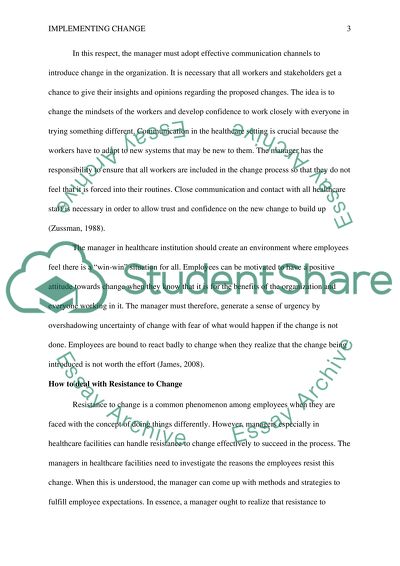Cite this document
(“Implementing Change Research Paper Example | Topics and Well Written Essays - 1250 words”, n.d.)
Implementing Change Research Paper Example | Topics and Well Written Essays - 1250 words. Retrieved from https://studentshare.org/health-sciences-medicine/1487996-implementing-change
Implementing Change Research Paper Example | Topics and Well Written Essays - 1250 words. Retrieved from https://studentshare.org/health-sciences-medicine/1487996-implementing-change
(Implementing Change Research Paper Example | Topics and Well Written Essays - 1250 Words)
Implementing Change Research Paper Example | Topics and Well Written Essays - 1250 Words. https://studentshare.org/health-sciences-medicine/1487996-implementing-change.
Implementing Change Research Paper Example | Topics and Well Written Essays - 1250 Words. https://studentshare.org/health-sciences-medicine/1487996-implementing-change.
“Implementing Change Research Paper Example | Topics and Well Written Essays - 1250 Words”, n.d. https://studentshare.org/health-sciences-medicine/1487996-implementing-change.


